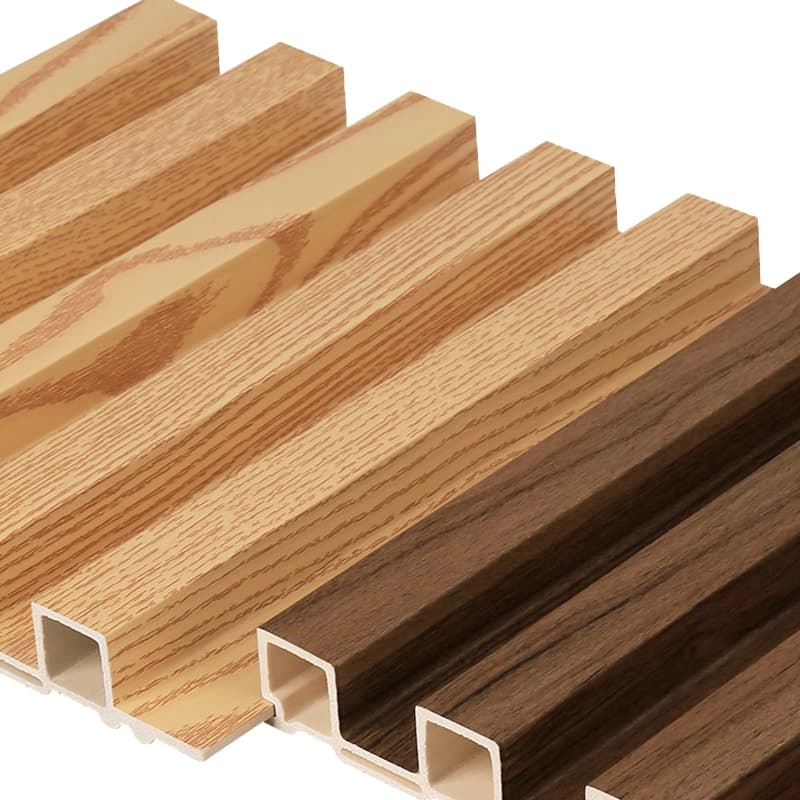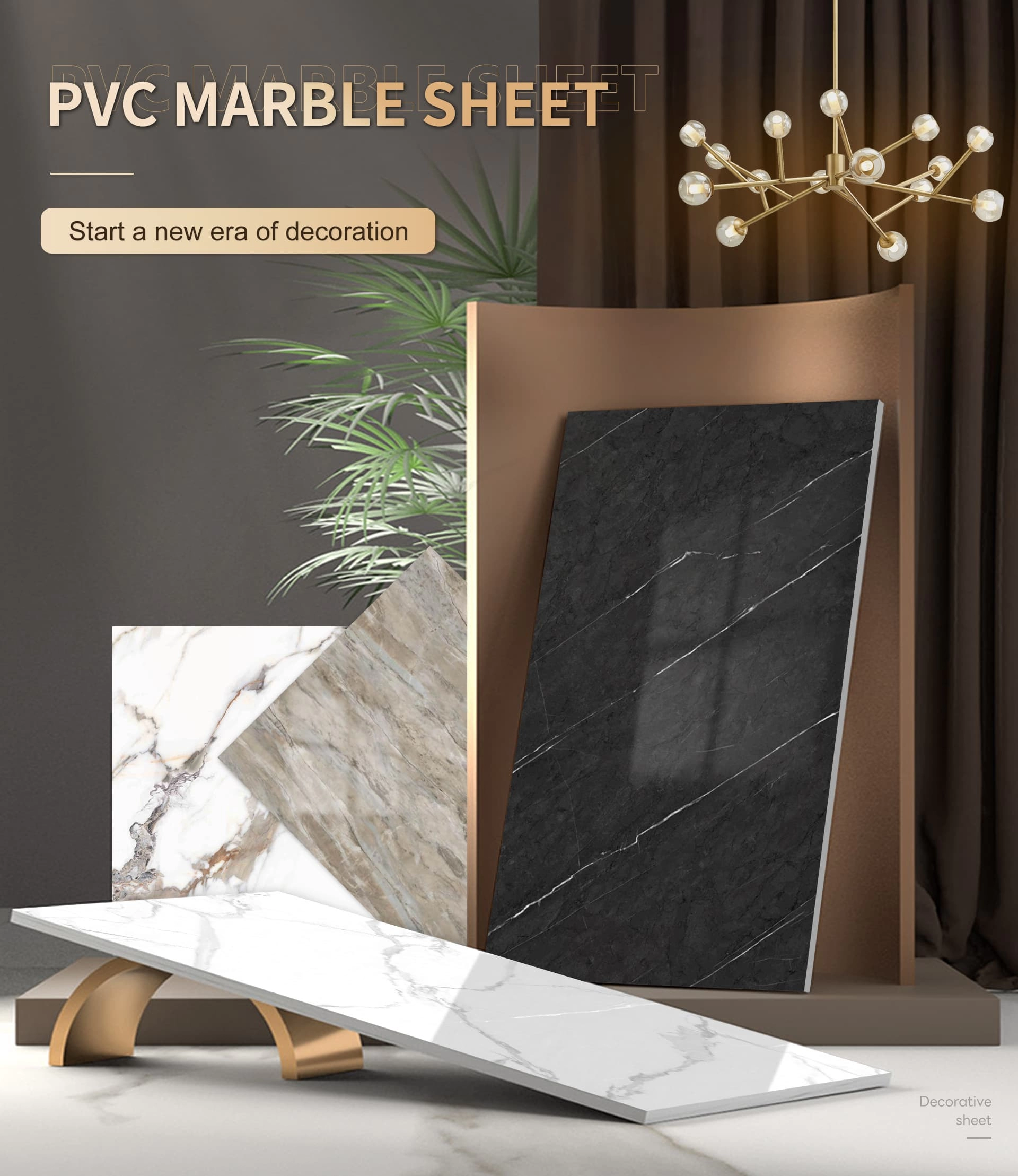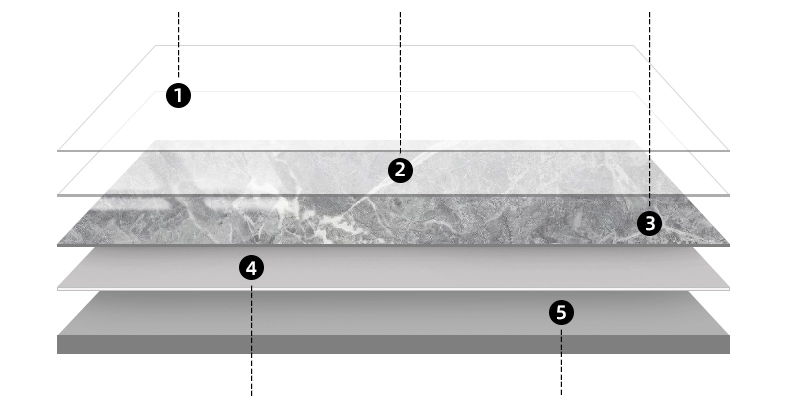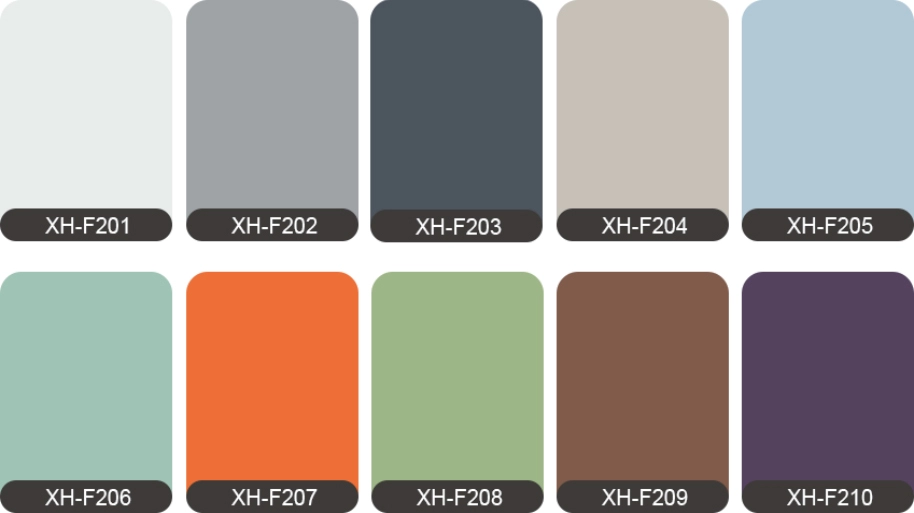CATEGORIES
PVC vs WPC Wall Panels: Understanding the Differences and Practical Applications
When it comes to modern interior design, wall panels have become a popular choice for homeowners and professionals alike. Two of the most commonly used materials are PVC and WPC wall panels. This comprehensive guide will help you understand the difference between PVC and WPC wall panels, their practical applications, and why choosing the right one can make all the difference in your next project.
What is PVC Wall Paneling?
PVC wall panels are made from polyvinyl chloride (PVC), a type of rigid plastic known for its durability and versatility. These panels are lightweight, easy to install, and resistant to moisture, making them suitable for a range of applications.
Key Features of PVC Wall Panels:
- Resistant to Moisture: Ideal for areas prone to dampness.
- Easy to Clean: Low maintenance with just mild detergent and water.
- Variety of Designs: Available in numerous colors and patterns.
Image 1: PVC Wall Panels Installation

What is WPC Wall Paneling?
WPC stands for Wood Plastic Composite, a hybrid material combining wood fibers and thermoplastics. WPC wall panels offer the appearance of wood with the benefits of plastic, providing both aesthetic appeal and practicality.
Key Features of WPC Wall Panels:
- Wood-Like Appearance: Mimics the elegance of natural wood.
- Durable and Resistant: Resistant to wear and tear, suitable for high-traffic areas.
- Eco-Friendly: Often made from recycled materials.
Difference Between PVC and WPC Wall Panels
Understanding the difference between PVC and WPC is crucial in selecting the right material for your project.
| Feature | PVC Wall Panels | WPC Wall Panels |
|---|---|---|
| Material | Polyvinyl chloride (PVC) | Wood fibers and thermoplastics (Wood Plastic Composite) |
| Appearance | Smooth finish, variety of colors and patterns | Wood-like texture, natural appearance |
| Durability | Highly durable, resistant to moisture | Extremely durable, resistant to moisture and wear |
| Environmental Impact | Non-biodegradable, recyclable | Eco-friendly, made from recycled materials |
| Cost | Generally more affordable | Slightly higher cost due to wood content |
Exploring UV Marble Sheets
UV marble sheets are an innovative product in wall paneling, offering the luxurious look of natural marble without the associated cost and maintenance. These sheets are made from PVC with a UV coating, enhancing their durability and aesthetic appeal.
Benefits of UV Marble Sheets:
- Aesthetic Appeal: Replicates the look of real marble.
- Durability: UV coating prevents discoloration over time.
- Easy Installation: Lightweight and easy to install compared to natural marble.
Image 2: UV Marble Sheet Application

Advantages of PVC Wall Panels
PVC wall panels offer several advantages that make them a popular choice:
- Cost-Effective: A budget-friendly alternative to traditional materials.
- Versatility: Suitable for various applications, including bathrooms and kitchens.
- Low Maintenance: Requires minimal upkeep, making them ideal for busy environments.
Advantages of WPC Wall Panels
WPC wall panels combine aesthetics with practicality:
- Enhanced Durability: Resistant to wear and tear, suitable for high-traffic areas.
- Eco-Friendly: Made from recycled materials, reducing environmental impact.
- Natural Appearance: Provides the elegance of wood without the associated maintenance.
Internal Link: Discover our range of WPC Wall Panels to enhance your interior design projects.
Durability Comparison: PVC vs WPC
When it comes to durability, both PVC and WPC wall panels are robust options. However, WPC panels offer enhanced durability due to their composite material, making them suitable for areas with heavy usage.
- PVC Panels: Resistant to moisture and easy to clean.
- WPC Panels: Resistant to moisture, wear, and tear, with a longer lifespan.
Aesthetic Appeal and Design Options
Both PVC and WPC wall panels come in a variety of designs and finishes.
- PVC Wall Panels: Available in smooth finishes, various colors, and patterns.
- WPC Wall Panels: Offer a wood-like appearance, adding elegance to interior spaces.
Image 3: WPC Wall Panel Design

Environmental Impact of PVC and WPC
Environmental considerations are increasingly important in material selection.
- PVC Panels: Non-biodegradable but recyclable.
- WPC Panels: Made from recycled wood fibers and plastics, offering a more eco-friendly option.
Choosing the Right Wall Panel for Your Needs
Selecting between PVC and WPC depends on various factors:
- Budget: PVC panels are generally more cost-effective.
- Application Area: WPC panels are preferable in high-traffic areas due to their durability.
- Aesthetic Preference: Choose PVC for a modern look or WPC for a natural, wood-like appearance.
- Environmental Concern: WPC panels have a lower environmental impact.
Internal Link: For customizable designs, explore our PVC Foam Wall Panels.
Applications in Bathrooms and Kitchens
Both PVC and WPC wall panels are resistant to moisture, making them suitable for bathrooms and kitchens.
- Resistant to Moisture: Prevents mold and mildew growth.
- Easy to Clean: Ideal for areas prone to spills and splashes.
- Aesthetic Variety: Enhances the visual appeal of functional spaces.
Installation and Maintenance Tips
Installation:
- Easy to Install: Both panels can be quickly installed with basic tools, reducing installation time and labor costs.
- Lightweight Materials: Simplifies handling and installation.
Maintenance:
- PVC Panels: Wipe with a mild detergent to keep them looking new.
- WPC Panels: Requires minimal maintenance, resistant to wear and discoloration.
Frequently Asked Questions
Q1: What is the main difference between PVC and WPC wall panels?
A: The main difference lies in the material composition. PVC panels are made solely from polyvinyl chloride, while WPC panels combine wood fibers and thermoplastics, offering a wood-like appearance with enhanced durability.
Q2: Can UV marble sheets be used in high-traffic areas?
A: Yes, UV marble sheets are coated to resist wear and tear, making them suitable for high-traffic areas while providing the aesthetic appeal of natural marble.
Q3: Are WPC wall panels environmentally friendly?
A: WPC panels are considered more eco-friendly because they are made from recycled materials, reducing waste and environmental impact.
Internal Link: Learn more about our 3D PVC Marble Sheets for an elegant wall covering option.
Conclusion
Understanding the differences between PVC and WPC wall panels is essential in making an informed decision for your interior design projects. Consider factors such as durability, aesthetic appeal, environmental impact, and specific application needs to choose the right wall panel that meets your requirements.
Key Takeaways
- Material Composition: PVC is made from polyvinyl chloride, while WPC combines wood fibers and plastics.
- Durability: WPC panels offer enhanced durability, suitable for high-traffic areas.
- Aesthetic Options: Both materials offer a variety of designs, with WPC providing a natural wood-like appearance.
- Environmental Impact: WPC is more eco-friendly due to the use of recycled materials.
- Applications: Ideal for bathrooms, kitchens, and areas requiring moisture resistance.
Contact Us for More Information
If
Latest Blog Posts:
Image 4: Installation Process






